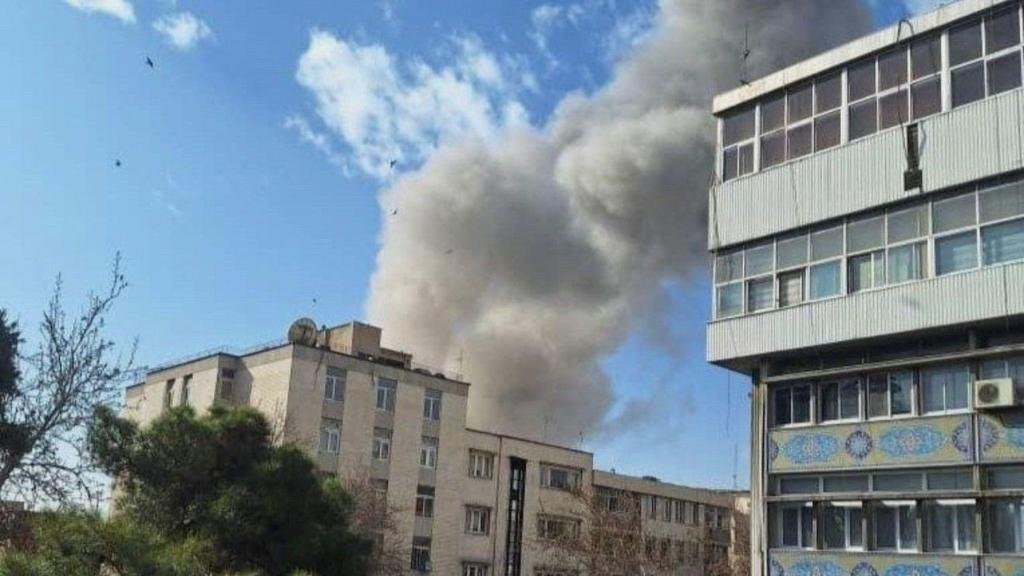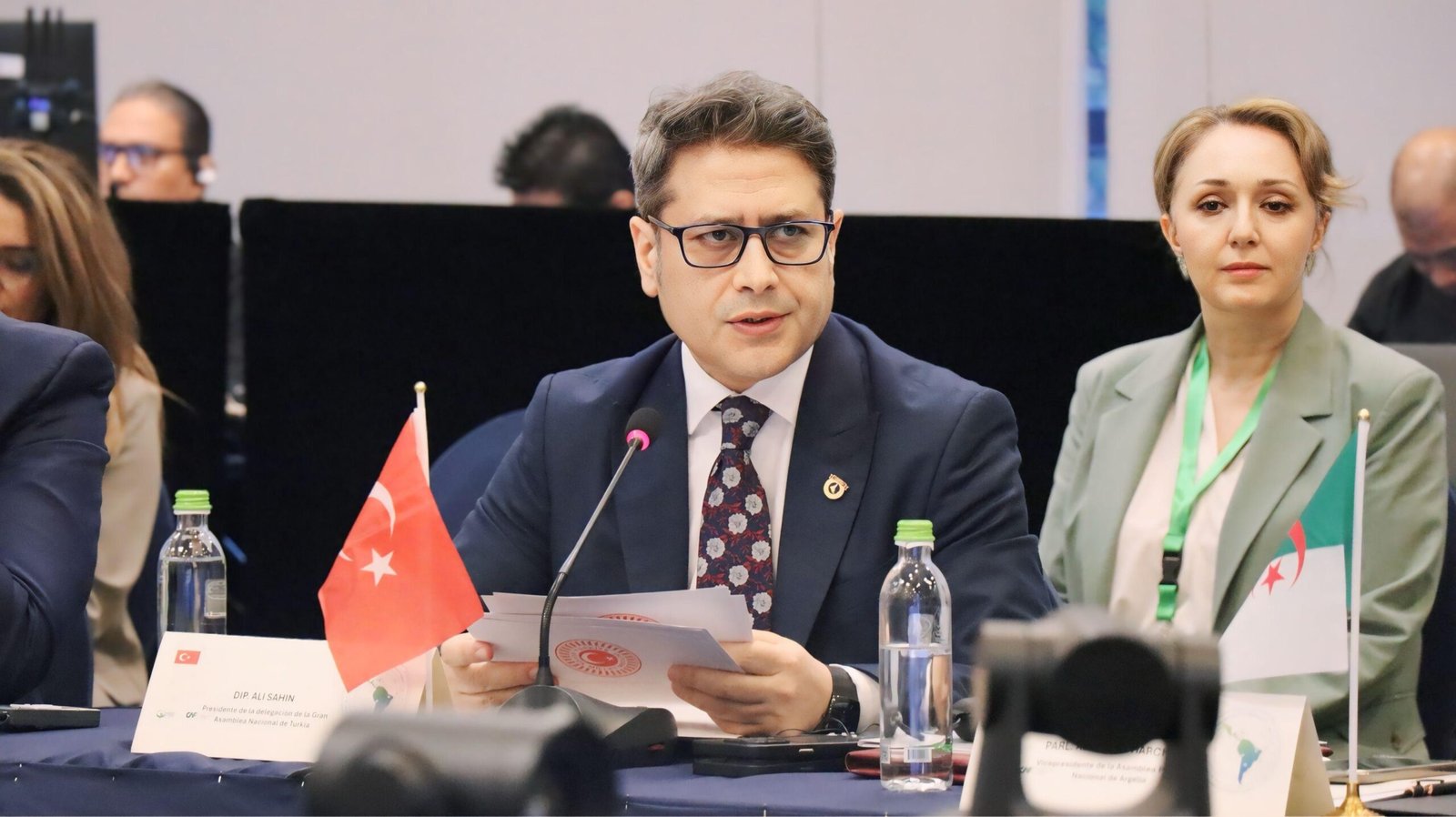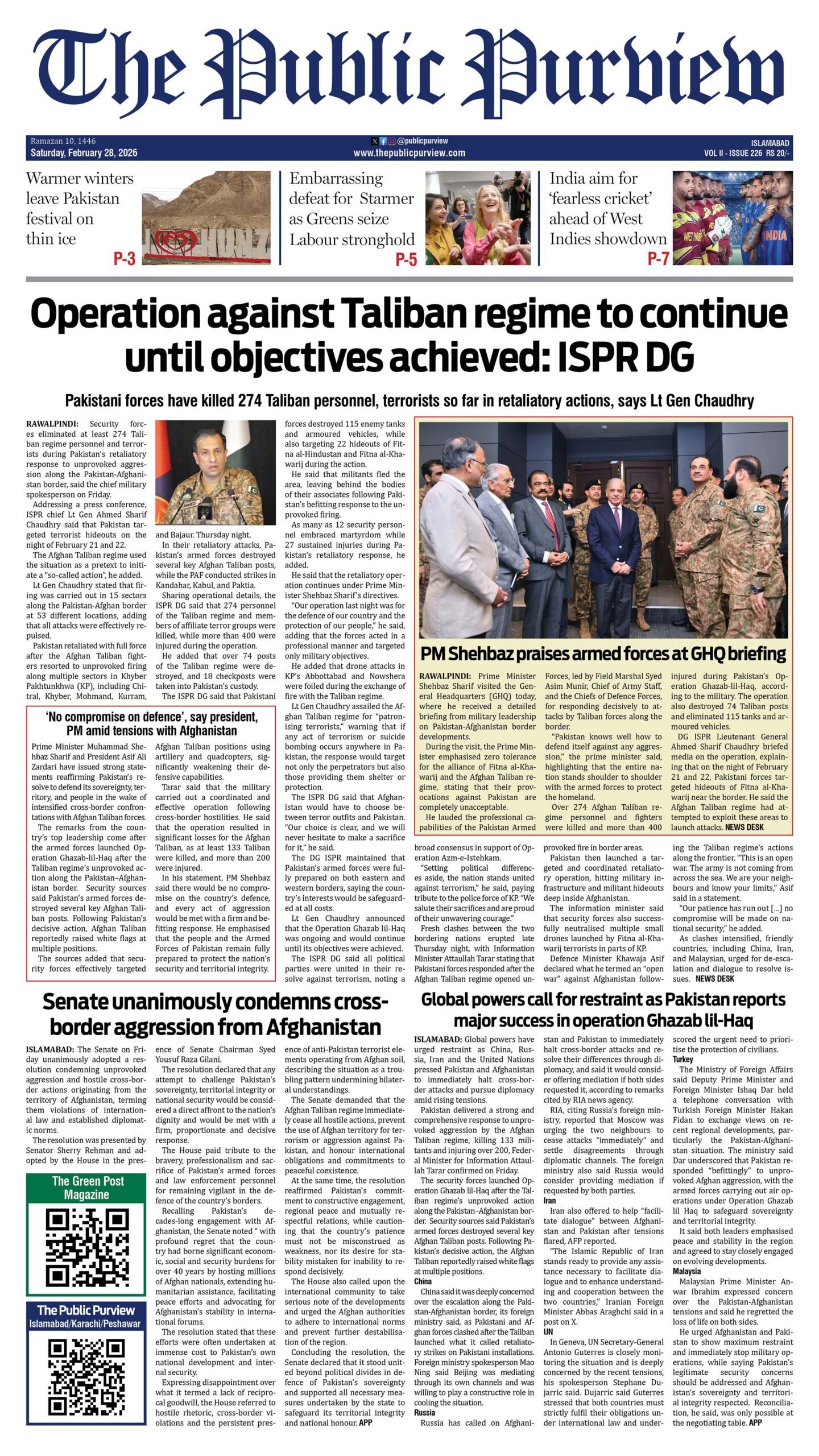Pakistan’s Asia Cup comeback gained momentum on Tuesday after a demoralising loss to India. In Abu Dhabi, the team bounced back by defeating Sri Lanka with a five-wicket win in a low-scoring thriller. While the batting remained inconsistent, the result provided a much-needed morale boost for a side struggling to find rhythm.
What made the Pakistan’s Asia Cup comeback especially significant were the performances from players under pressure. Hussain Talat, whose selection had raised eyebrows, stepped up with maturity. He guided the innings when Pakistan teetered at 80 for five chasing 134. His unbeaten 32 off 30 balls anchored the team and stabilized the chase. Talat’s calm presence allowed Mohammad Nawaz to settle in and play with the freedom needed to close out the match.
Nawaz, previously criticised for a subdued outing against India, arrived with intent. He struck 38 runs from 24 deliveries, including three towering sixes that punctured Sri Lanka’s hopes. His aggressive approach underscored the value of a finisher—something Pakistan has often lacked in recent T20 campaigns. Nawaz’s innings was more than a stat line; it was a statement of intent for the rest of the tournament.
Abrar Ahmed also redeemed himself after a tough outing against India. Bowling with precision, he claimed one for eight in his four-over spell, stifling the Sri Lankan middle order. His subtle variations and disciplined length kept partnerships from building and reinstated him as a key figure in Pakistan’s spin attack. On UAE tracks that reward control, Abrar could prove to be a game-changer.
Shaheen Shah Afridi led the pace attack with authority, claiming three for 28 and dismantling Sri Lanka’s top order. His early strikes removed Kusal Perera and Pathum Nissanka, while a sharp yorker later dismissed Kamindu Mendis. Shaheen’s performance highlighted the importance of a frontline bowler who can shift momentum instantly.
Although the win didn’t erase the sting of losses to India, it restored belief in a team that looked uncertain just two days earlier. Key players rose to the occasion, giving the management flexibility and renewed options for upcoming matches. Despite lingering concerns over the top order and strike rotation, the combination of Talat’s composure, Nawaz’s finishing ability, Abrar’s control, and Shaheen’s pace provides Pakistan with a fresh sense of momentum.
As the tournament progresses, challenges will intensify. Yet, the resilience and grit displayed against Sri Lanka offer hope that Pakistan can turn this campaign into a series of memorable performances. The Pakistan’s Asia Cup comeback is underway—and if the team builds on the lessons learned in Abu Dhabi, a strong finish is well within reach.







 Today's E-Paper
Today's E-Paper